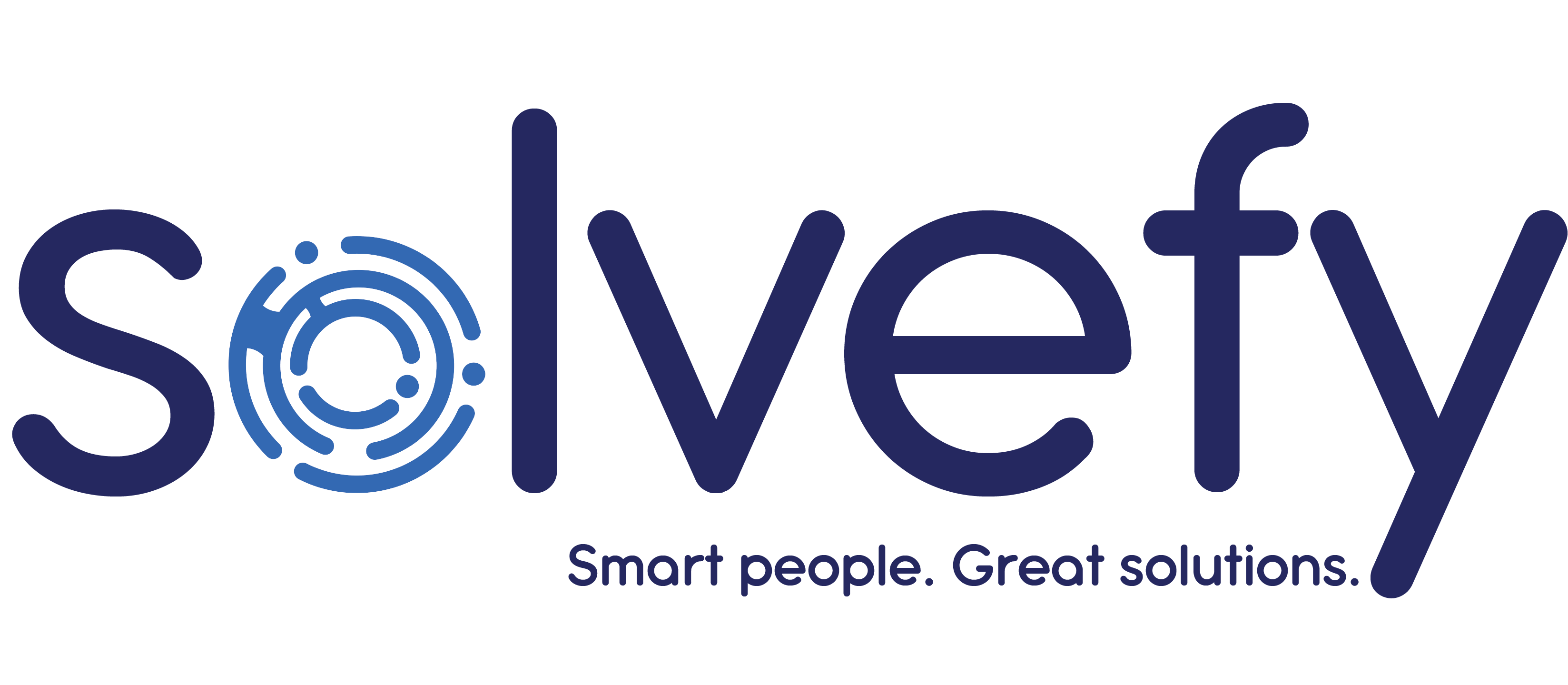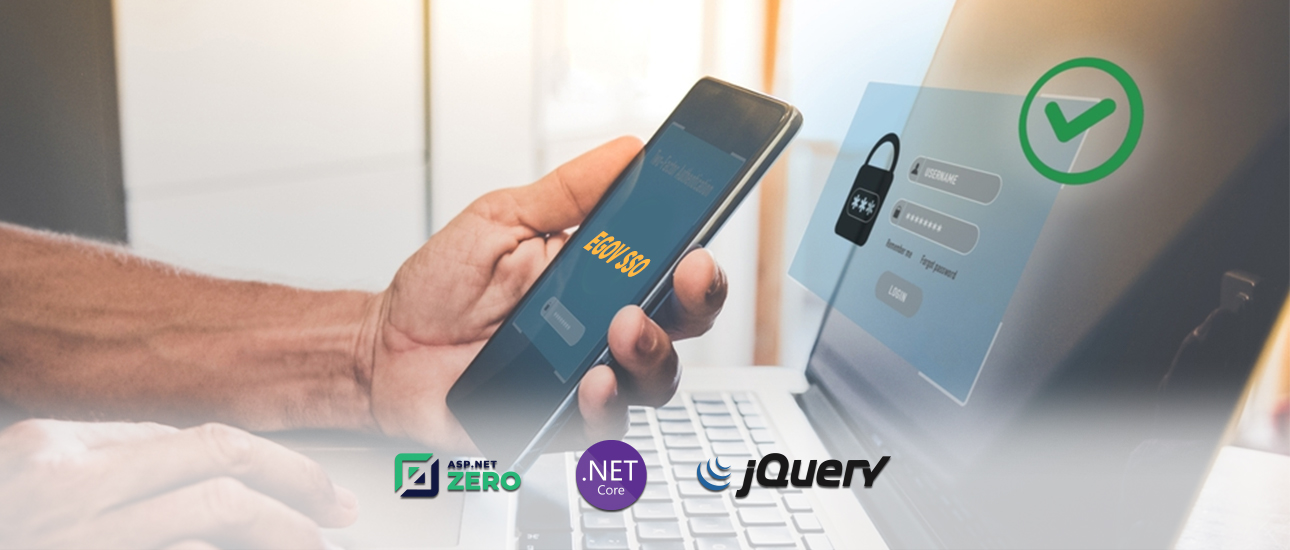eGov Single Sign-On (SSO) is a secure and convenient way for users to authenticate across multiple applications and websites using a single set of credentials. With eGov SSO, users don’t need to remember different usernames and passwords for each application. Instead, they can simply log in once and access all authorized applications seamlessly.
Behind the scenes, eGov SSO uses a series of mechanisms to verify a user’s login information. First, it creates a global session that is used to keep track of the user’s activity across different applications. Then, it creates an authorization token that is sent to the SSO client for communication.
 Next, the system verifies the validity of the SSO-client token before sending a JSON Web Token (JWT) containing the user’s information to the authorized applications. This mechanism ensures that the user’s information is securely shared across applications without compromising their privacy.
Next, the system verifies the validity of the SSO-client token before sending a JSON Web Token (JWT) containing the user’s information to the authorized applications. This mechanism ensures that the user’s information is securely shared across applications without compromising their privacy.
Overall, eGov SSO simplifies the authentication process and improves the user experience while maintaining a high level of security.

